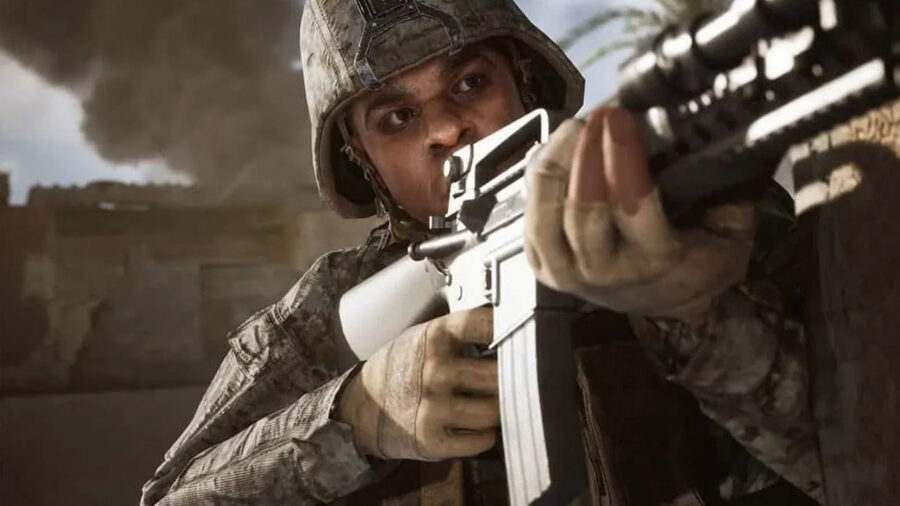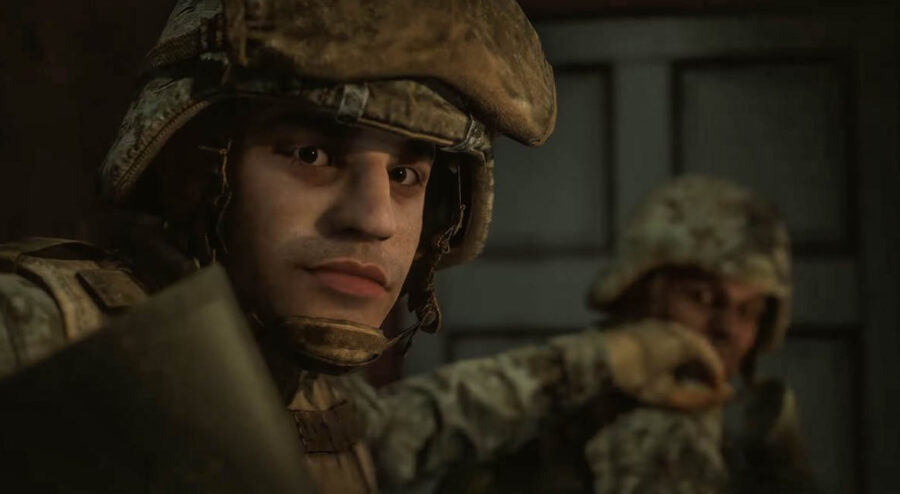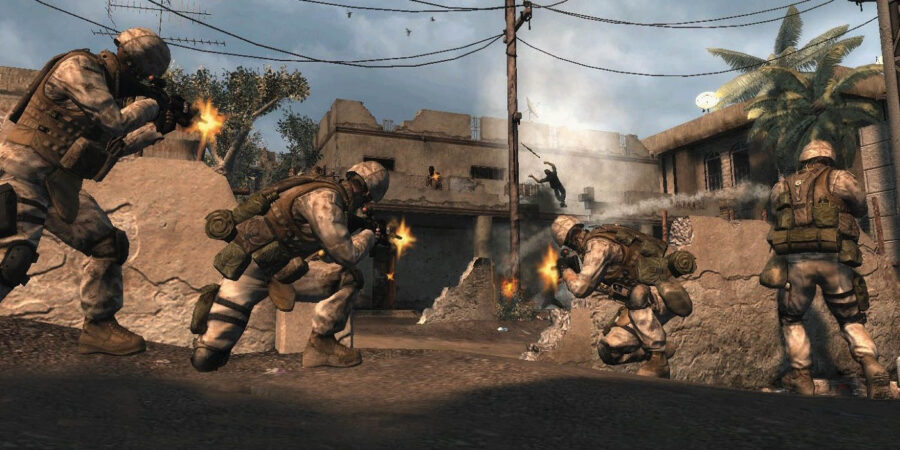Muslim Groups Demand Six Days In Fallujah Be Banned From Sales
the controversy around Six Days in Fallujah continues to grow.
This article is more than 2 years old

The Council On American-Islamic Relations, the United States’ largest Muslim advocacy organization, demands the de-platforming of Six Days In Fallujah, a first-person shooter recreation of 2004’s American military’s Iraqi operation, calling it an “Arab murder simulator.”
CAIR’s Research and Advocacy Coordinator, Huzaifa Shahbaz, called on gaming platformers Microsoft, Sony, and Valve, to ban the upcoming video game Six Days In Fallujah from hosting on their platforms. Huzaifa Shahbaz also added that the game glorifies violence that took place during the illegal invasion of Iraq and reinforces the Islamophobic narratives that are already broadly present in the gaming industry.
CAIR’s article linked to IGN’s article on the game’s controversy, which stated that the game’s narrative might be complicated and painful to individuals connected to the Fallujah battle’s real-life events. They also linked to another article, published by a Turkish state-owned news channel, which described the title only reveals the gaming industry Islamophobia problem. That specific article stated that empathy involving the game’s central message would be spent on the US Marines, at the expense of dehumanizing Arabs, and more broadly, the Muslims.

The main story of Six Days in Fallujah centers on the height of The Second Battle of Fallujah, a battle meant to retake the city from insurgent forces, on November 4, 2004. It was a particularly violent and bloody battle during the Iraqi War, which pitted the US Marines against the Iraqi insurgent forces. Six Days in Fallujah will portray its story through US military members’ eyes, which is apparently the leading cause of controversy. Since video games allow people to empathize with the character’s perspective, Six Days in Fallujah supposedly inspires sympathy towards an event that resulted in hundreds of Iraqi civilians’ deaths.
CAIR made its case based on those claims and called on major console companies to ban, de-platform, and exclude the soon-to-be-released title from digital distribution. But this is not the first time the game received heavy criticism; its premise was the subject of controversy in 2009, with questions on the accuracy of depicted events the game’s based upon. The game’s publisher at the time, Konami, dropped the game from publishing as a result of the controversy surrounding the title. However, the game remained in development by Atomic Games, with the release date set for 2010.
Unfortunately, due to the game’s controversial nature, Atomic Games wasn’t able to find a publisher, and the development halted in 2011, alongside Atomic Games’ bankruptcy. Still, the studio’s former executives revived the project under a new publishing company Victura, with Highwire Games developing Six Days in Fallujah, aiming for a Q4 2021 release date. Naturally, the game’s original controversy reignited along with the project, hence CAIR’s action towards its release and distribution.

The development team stated that Six Days in Fallujah itself isn’t a political commentary. Still, the studio acknowledged the title’s inseparability from politics, given political decisions and aftermaths of the Fallujah battle. Will one of those aftermaths include the title’s removal from gaming platforms? We’re still to hear from the console companies, but for now, Six Days in Fallujah is planned for PC and unspecified consoles.












